V7N, (June 10, 2024) – Narendra Modi has been re-elected as the Prime Minister of India for a third consecutive term, solidifying his place as one of the most influential and controversial leaders in the country's history. Despite facing numerous challenges and criticisms, Modi's electoral success remains unparalleled, and his tenure continues to evoke strong reactions across the political spectrum.
Modi's political journey has been marked by a series of significant achievements and controversies. He has been a polarizing figure, praised by his supporters for his decisive leadership and criticized by his opponents for his polarizing policies. Throughout his career, Modi has successfully navigated the complex landscape of Indian politics, transforming himself from a local leader in Gujarat to the Prime Minister of the world's largest democracy.
Born on September 17, 1950, in Vadnagar, Gujarat, Modi's rise to power is a testament to his resilience and political acumen. He grew up in a humble background, helping his father run a tea stall at the local railway station. Despite a lack of interest in formal education, Modi was deeply influenced by the ideals of the Rashtriya Swayamsevak Sangh (RSS) and Swami Vivekananda. At the age of 17, he left home to explore the teachings of various spiritual leaders and took refuge in the Ramakrishna Mission.
Modi's political career began in earnest when he joined the Bharatiya Janata Party (BJP) and quickly rose through the ranks. His tenure as the Chief Minister of Gujarat from 2001 to 2014 was marked by rapid economic development and significant infrastructure projects. However, it was also marred by the 2002 Gujarat riots, which resulted in the deaths of hundreds of people, primarily Muslims. Modi was accused of failing to prevent the violence, a charge that he has consistently denied. In 2012, a Supreme Court-appointed inquiry committee cleared him of any wrongdoing.
As Prime Minister, Modi has implemented a series of bold economic reforms, including the introduction of the Goods and Services Tax (GST) and the demonetization of high-value currency notes. He has also pursued an ambitious foreign policy, strengthening India's ties with major global powers. However, his tenure has not been without controversy. Modi has been criticized for his handling of religious tensions, with critics accusing him of promoting a Hindu nationalist agenda at the expense of India's secular fabric.
Modi's leadership style is characterized by his strong, often authoritarian approach. He has never held a press conference in his ten years as Prime Minister, preferring to communicate directly with the public through social media and carefully curated public appearances. His critics argue that this approach stifles dissent and undermines democratic norms.
Despite the controversies, Modi's political strategy has proven remarkably effective. He has successfully marginalized his opponents and consolidated his power within the BJP. His ability to connect with voters, particularly in rural areas, has been a key factor in his repeated electoral victories.
Modi's tenure has also been marked by significant legal and social changes. Under his leadership, the contentious Ayodhya dispute was resolved, leading to the construction of the Ram Mandir. His government has also taken steps to assert control over other religious sites, such as Kashi and Mathura, further solidifying his support among Hindu nationalists.
As Modi embarks on his third term, the challenges facing India remain substantial. Economic growth has slowed, and the country continues to grapple with social and political divisions. However, Modi's strong leadership and unwavering confidence have made him a formidable force in Indian politics, and his influence is likely to endure for years to come.
End/v7n/aj/dk



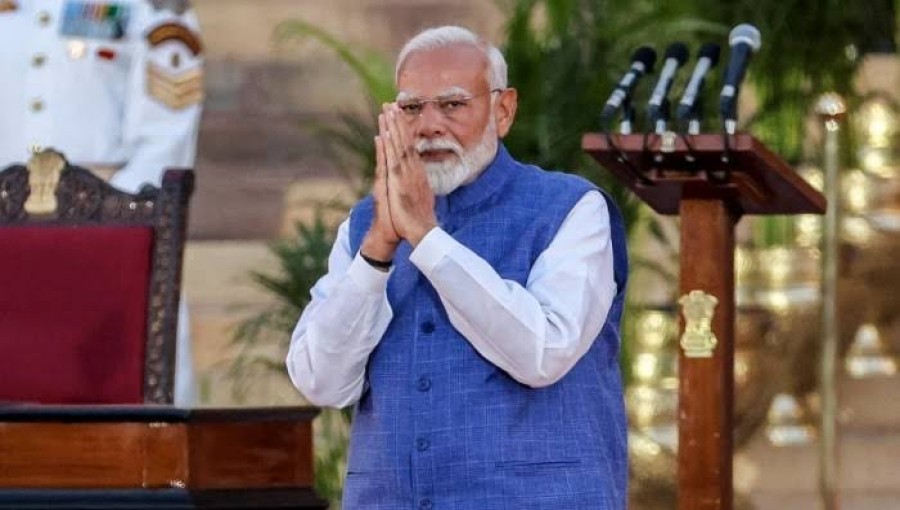





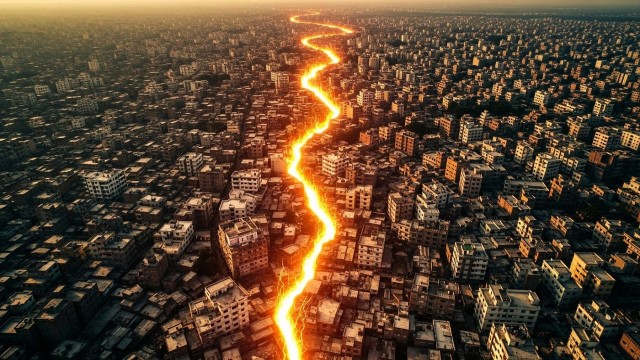
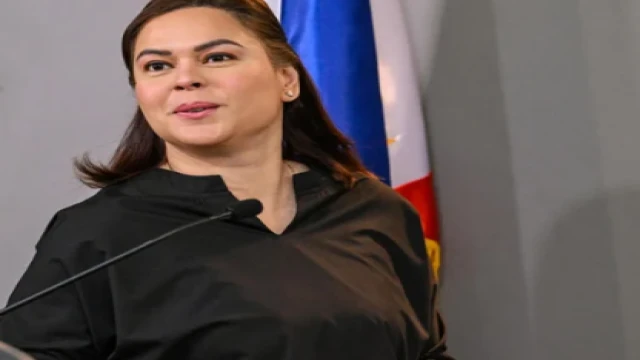

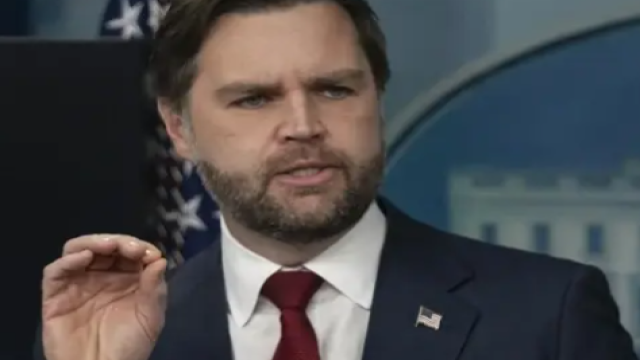
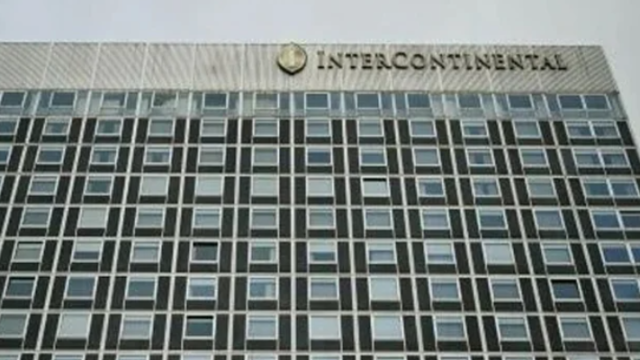
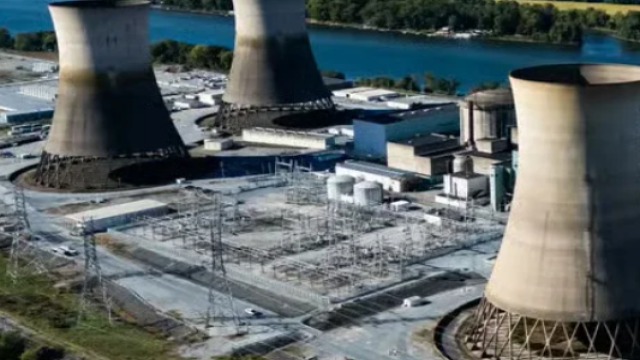
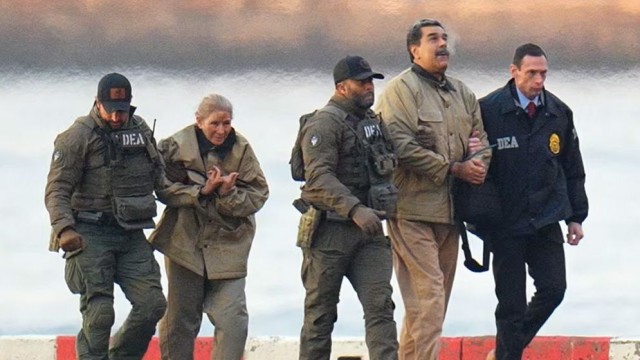
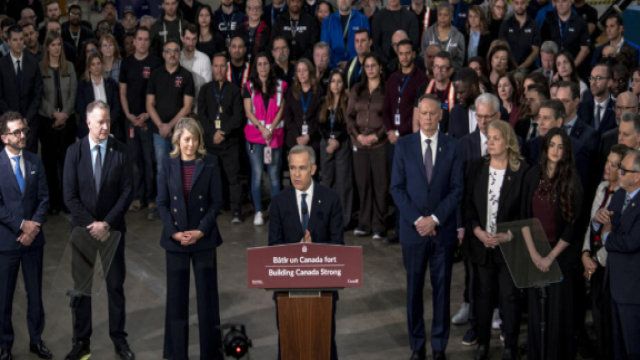
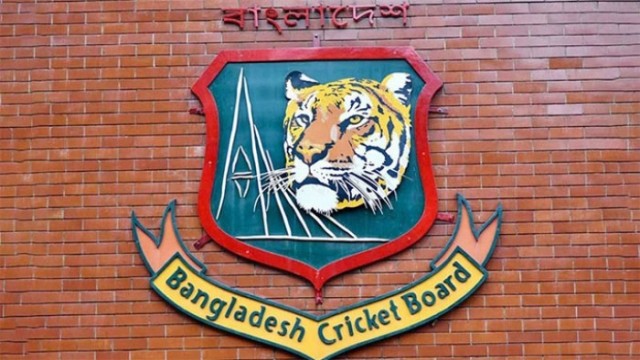

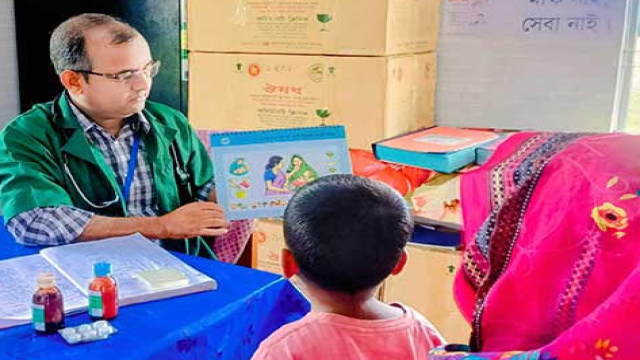











Comment: